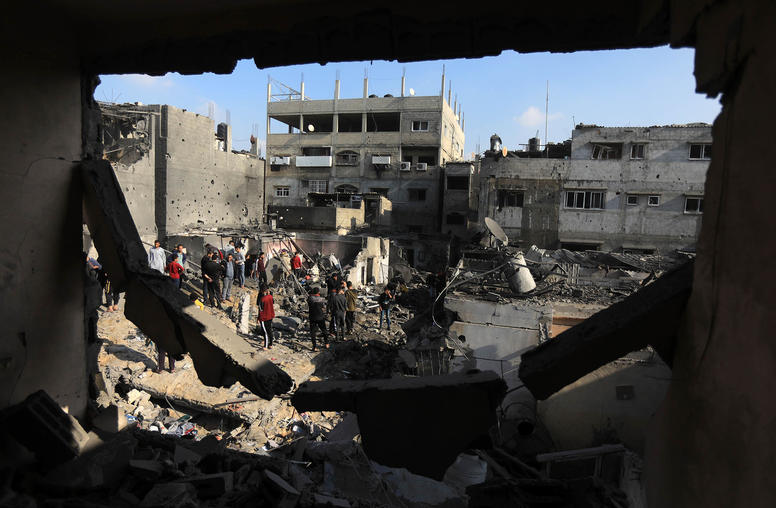ETC/I Deputy Director Ted Feifer, Senior Program Officer Maria Jessop and CMCR Program Officer Marie Pace met with six Arab and Jewish community mediators from three “mixed” cities in Israel to share experiences and discuss best practices in Washington on August 25, 2009.
ETC/I Deputy Director Ted Feifer, Senior Program Officer Maria Jessop and CMCR Program Officer Marie Pace met with six Arab and Jewish community mediators from three “mixed” cities in Israel to share experiences and discuss best practices in Washington on August 25, 2009. The group was in the United States on a State Department-sponsored International Visitor Leadership Program.
The visiting community mediators explained the challenges of playing a third party role as part of a municipal welfare department, a non-governmental community mediation center, and a private mediator. Ted Feifer discussed his mediation training with OSCE mission staff as well as his experiences as a diplomatic mediator in several international conflicts. Maria Jessop discussed her mediation training in Iraq and Afghanistan, as well as her community mediation experience in the United States. Marie Pace talked about USIP mediation in the Niger Delta, as well as her private mediation experience. The group also discussed possible follow-up training by the Institute’s specialists in various aspects of mediation.



